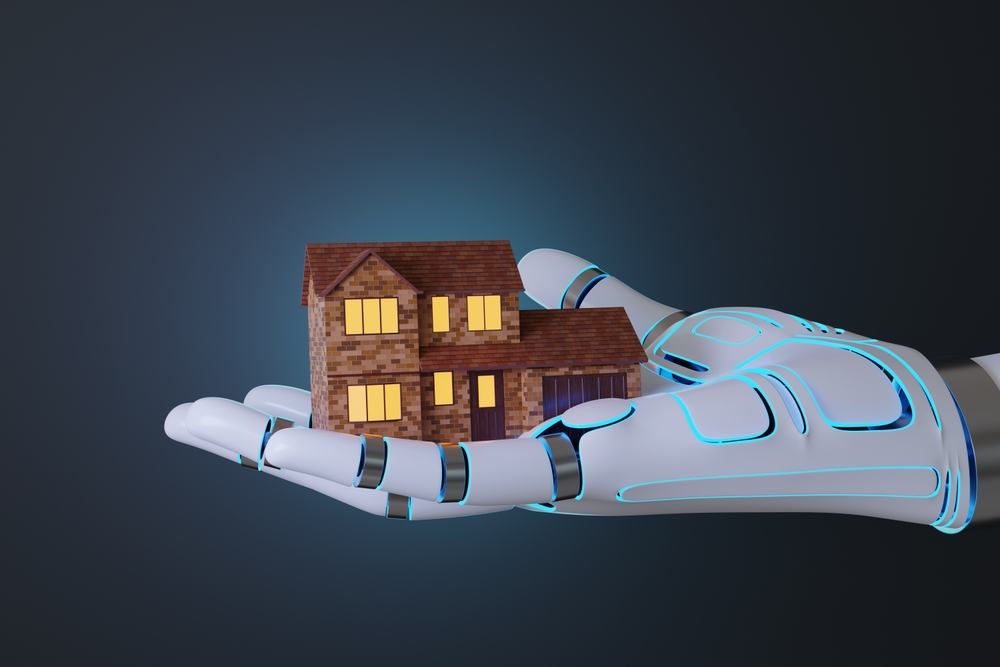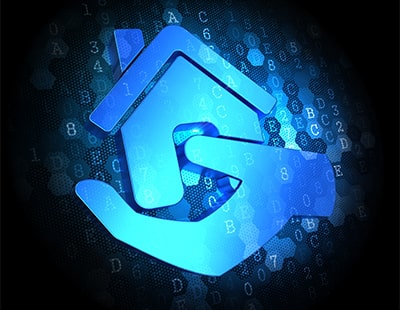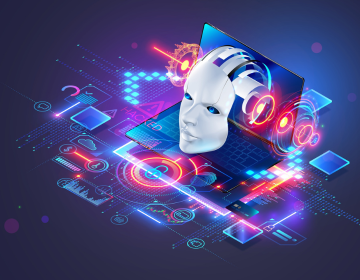
Artificial Intelligence will not be taking over people’s jobs any time soon, as machine learning is trainable only with human input.
The ‘one size fits all’ idea regarding AI is not proving the case that the technology will one day be reliable enough with it’s auto responses and emotional intelligence to understand, empathise and connect on an emotional level to replace human beings.
Even with training, it will still be a clumsy robot that needs supervision, as proven by one of the most annoying things, a supermarket self-checkout system.
The AI powered tills must be manned by a human in order for customers to checkout efficiently. A technology that is supposed to save on both time and workforce, can actually make the checking out process longer and has to have a staff member to correct simple errors like not recognising that an item has been put on the scale and having to manually adjust reduction sticker prices - not to mention the tills allowing customers to scan any barcode as a different item completely. We still trust humans more when it comes to doing something right.
The hassle of this process is why companies like Boots and Amazon have removed the checkouts altogether as the systems were relying on far more human verification than they hoped for. It won’t be long until other supermarkets follow their lead in scrapping the technology to improve customer satisfaction and workplace efficiency.
Non-human aspect
Is AI becoming the next Temu? It looks great, sounds great, but you then pay the price of wasted time and money. The fault in AI is that it is not human-first. You cannot teach it to have the emotional intelligence and empathy that a human has, you can only teach it the words that you would use. With the time and energy that you have spent to do this, you could have done the job yourself.
In the workplace, AI products could work well for everything that is automated such as basic CRM for invoicing and scheduling if you have the best AI driven software that deals with the non-human aspect of running a business. But you cannot automate the thoughts and feelings required of the human elements of being a manager and leader.
If you are going to get software to ease processes in the office, you are best investing in personalised bespoke software that is user-first and tailored to your team. This will allow you to look at the processes your company does every day and speak to your team to find out what they think will make their role more productive to achieve the results you are looking for.
AI is best used as a collaborative effort with humans rather than on its own. This drives at the truth that when you remove purpose from people, they become disenfranchised and the business becomes unable to deal with the emotional aspect of work that is required for a successful organisation.
Essential for growth
By harnessing both people and technology into a bespoke system co-created by the staff within the organisation, you ensure you maintain purpose, improve overall productivity and still get the benefits of AI where it can genuinely be of value. This way you are able to build those systems in co-creation with the staff that will use them and have a proven track record of increasing human productivity within those teams.
Technology helps workforces massively, but building bespoke systems built around the people already in a business is essential for growth. The technology is only as good as the humans who set it up, which is why jobs in hospitality, care, trade, operations and beyond will be safe from computers taking over.











.jpg)




.jpg)








Join the conversation
Please login to comment